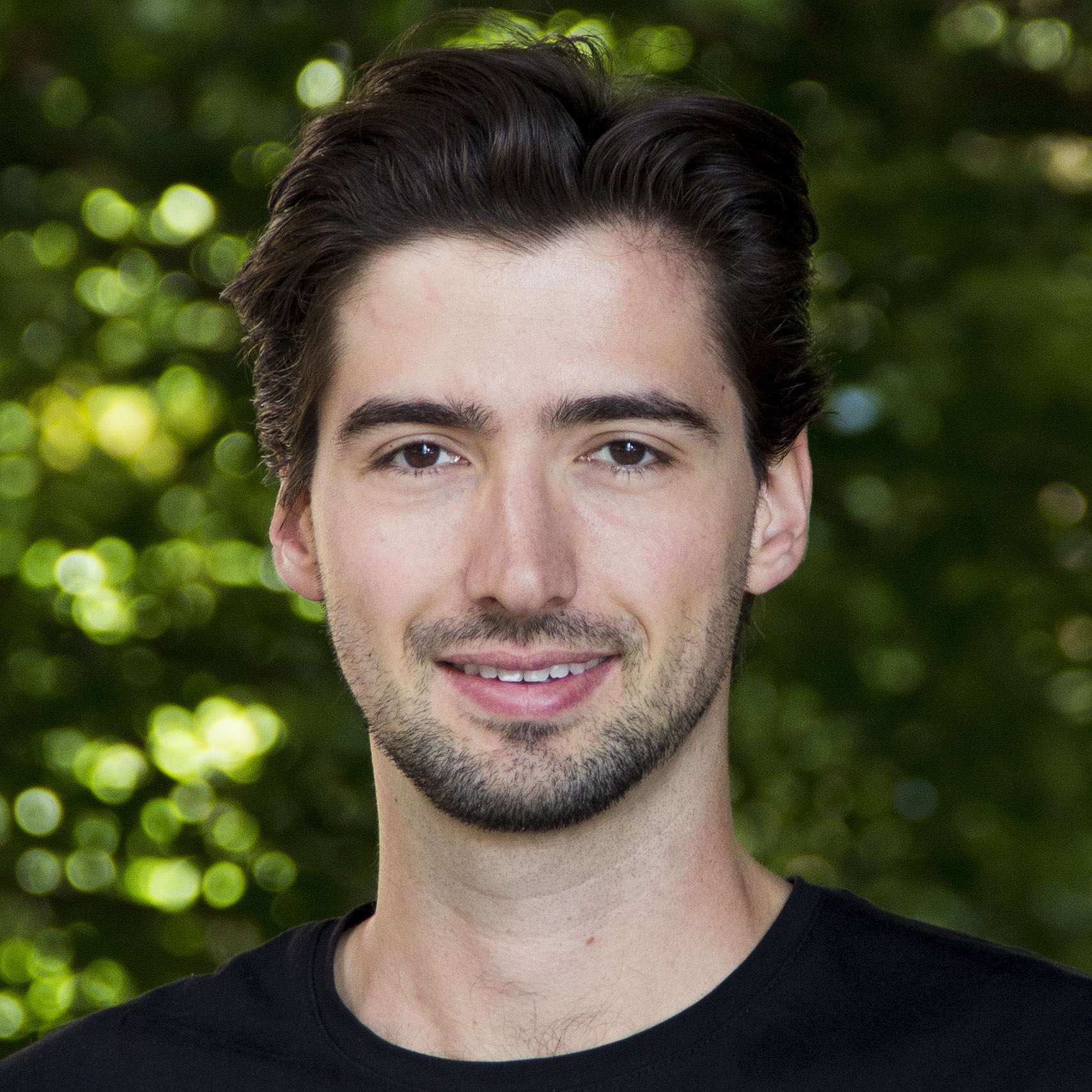Bio - Nico Lang
Short Bio
Nico is an Assistant Professor at the University of Copenhagen, associated with the Global Wetland Centre and the Pioneer Centre for AI. He is a core member of the Climate AI Nordics network, an ELLIS member, and involved in community efforts like the FGVC workshop at CVPR, the AICC and REO workshops at EurIPS, and the SSL4EO-2024 summer school. Before moving to Copenhagen for a Postdoc, Nico has received a PhD from ETH Zurich. His research focuses on computer vision, machine learning, and remote sensing, and on developing new methods to support environmental sciences. More information can be found on his website: langnico.github.io
Long Bio
Nico is an Assistant Professor at the Computer Science Department of the University of Copenhagen, associated with the Global Wetland Centre and the Pioneer Centre for AI (short P1). He is a core member of the Climate AI Nordics network, an ELLIS member, co-director of the P1 program on Ai for Climate & Conservation, and involved in community efforts like the FGVC workshop at CVPR, the AICC and REO workshops at EurIPS, and the SSL4EO-2024 summer school. Before moving to Denmark for a Postdoc co-advised by Serge Belongie and Christian Igel, Nico received a PhD from ETH Zurich, working in the EcoVision Lab and the Photogrammetry and Remote Sensing (PRS) group under the supervision of Prof. Konrad Schindler and Prof. Jan Dirk Wegner.
His research interests are at the intersection of computer vision, machine learning, and remote sensing, currently focusing on open-world recognition, fine-grained categorization, and representation learning with multi-modal data.
During his master’s degree in Geomatics at ETHZ he discovered his fascination for machine learning and computer vision in the context of geodata sciences. After an early academic visit to Prof. Pietro Perona’s Computational Vision lab at Caltech, he worked on monitoring urban trees from street-level images. In his PhD, he developed a scalable approach to compute a high-resolution canopy height model of the Earth by fusing optical satellite images with spaceborne LIDAR. He sees great potential in the application of machine learning to monitor the environment at global scales. More information can be found on his website: langnico.github.io
last updated: 2025-10-03
